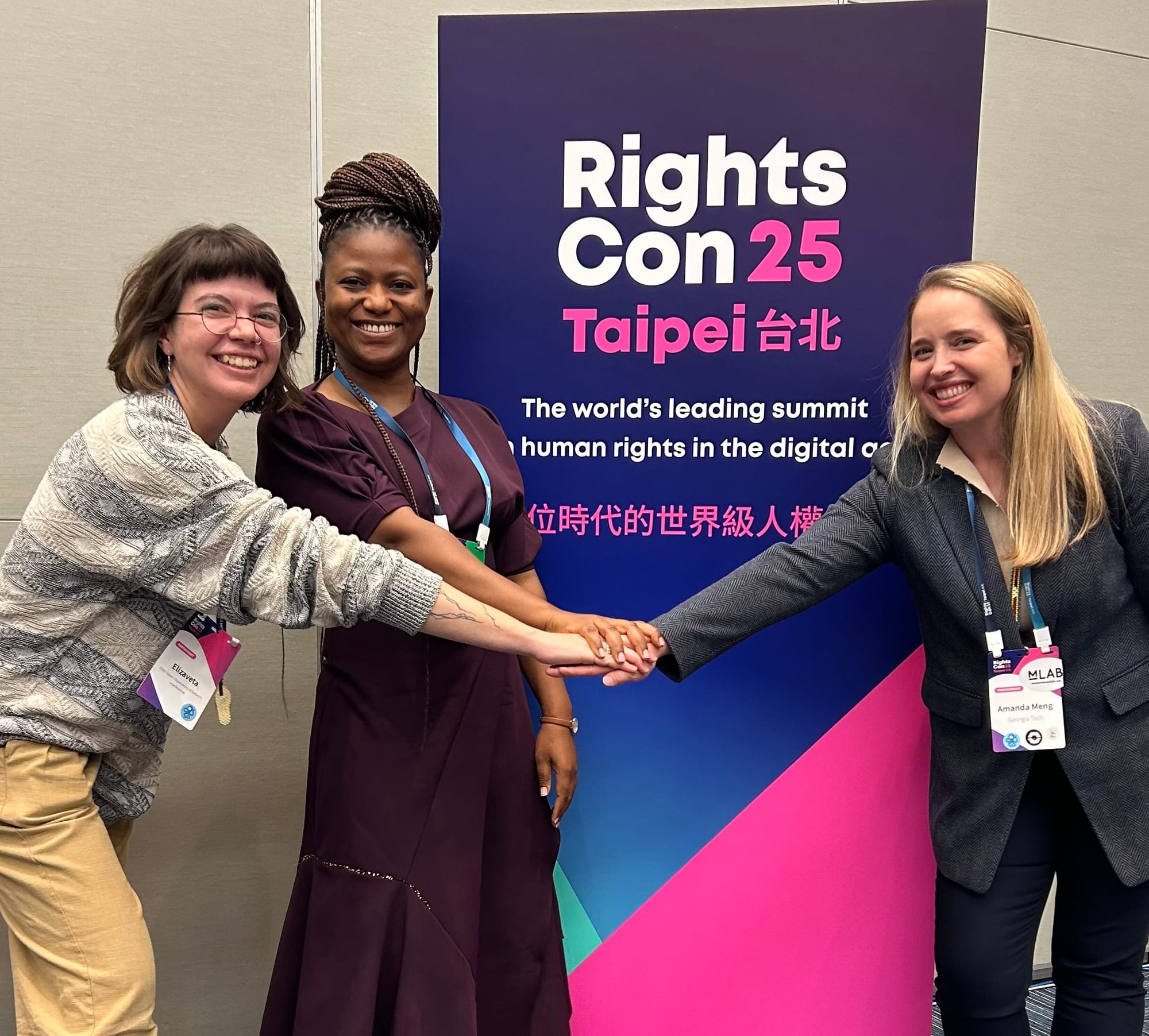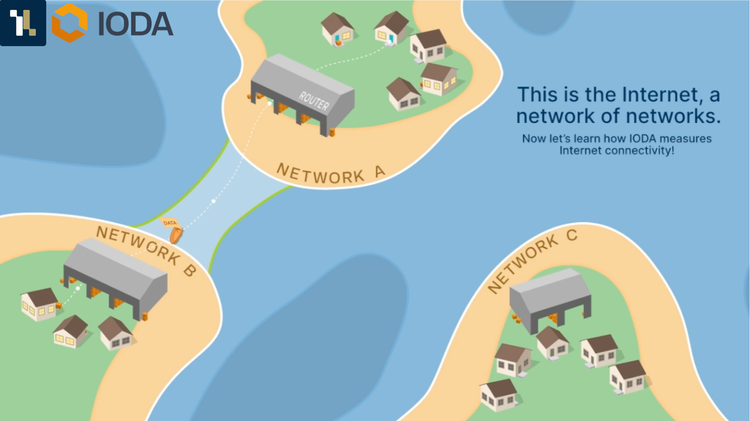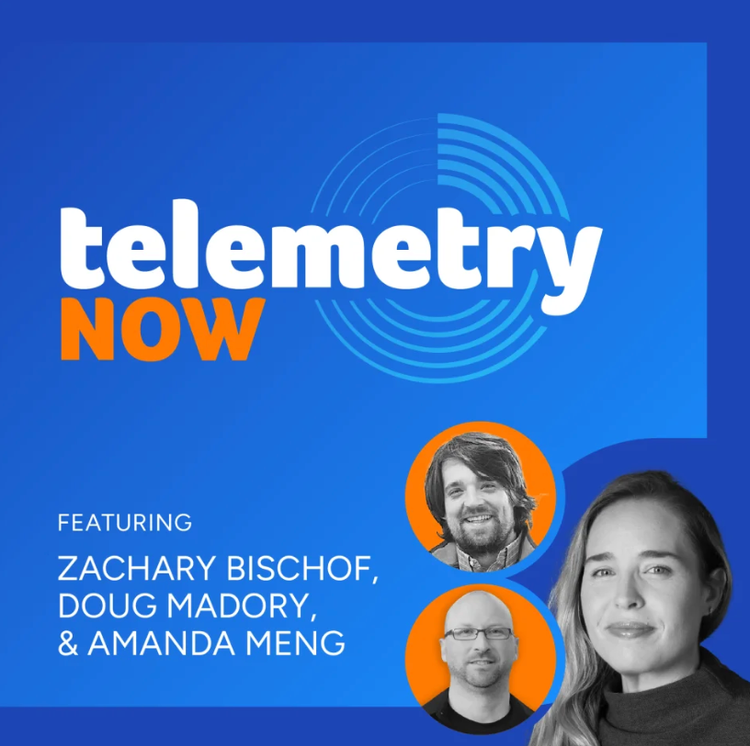IODA Co-Facilitates a Session with the KeepItOn Coalition at RightsCon 2025
In February 2025, the IODA team participated in RightsCon 2025 held in Taipei. The summit brought together digital human rights defenders, including the Internet freedom community, providing an opportunity to explore the intersection of technology and human rights. Below we at IODA have summed up the key themes from the latest summit, ranging from challenges to trends, tools and collaboration.
On the second day, IODA co-facilitated a session with Felicia Anthonio of AccessNow's KeepItOn Coalition and Elizaveta Yachmeneva of OONI (Open Observatory of Network Interference) to listen and discuss the challenges and opportunities of documenting internet shutdowns around the world, as well as how our community is better together.

Participants discussed many challenges to both documenting and experiencing shutdowns. We discussed risks including surveillance of SIM cards and potential to be arrested for running measurements or using satellite internet. We also reviewed the realities of limitations in measurement data, specifically regarding the challenge to measure and understand regional or hyper-local internet shutdowns. Finally, the community experiences great uncertainty during a loss of Internet access: in some countries it's hard to know if there is a shutdown or an issue of maintenance disguised as a shutdown, a power outage, or something else at play. And there is a lack of clarity from government because they don't always make public their shutdown orders.
Additionally, the community discussed trends they are concerned about, including the use of AI to make censorship harder to circumvent and increased throttling, which has been challenging to measure.
To address these challenges and trends, participants identified tools, data, or improvements to tools needed. Ideas included more granular data for localized shutdowns, tools for communication during a full shutdown, localization of tools, well understood and uniform terminology when working with stakeholders, frameworks to help users know when to use what tools, and exploration of radio technology.
Finally, we asked ourselves how we know we are better together. How do we continue to collaborate and be in solidarity? The group agreed that knowledge sharing and learning from each other is essential to not just documenting and advocating but also building technical capacity before censorship or shutdowns happen. We want to continue to work with the media and with Internet operators to tell the story of the impact of shutdowns. We want to grow and expand the #KeepItOn Coalition!
These sessions are important and essential to the IODA team so that we can hear from the coalition what challenges they face and what upcoming trends they are worried about.
We have specific improvements to IODA that will be available later this year that we hope will help address some current challenges:
- Greater granularity: Users will be able to see ISP/ASN signals localized to specific countries and regions. Previously, for ISP/ASNs that operate across regions or across countries, users could only see the "global" view of these signals across all countries/regions where operating.
- Throttling: Additional signals of latency measured through our existing Active Probing signal will be available at the country, region, and ISP level. This signal can provide more data on generalized throttling.
- Uncertainty: There are two project IODA is working on that can address uncertainty during Internet connectivity disruptions:
- Power outage pilot: The IODA team is piloting a project that would develop a global repository of power outage data along with case study views that demonstrate how power outage data can provide a "ground-truth" for Internet disruptions.
- Upstream Delay: At the ISP/ASN level, users will be able to view the "last hop" or ISP/ASNs that connect to the ISP/ASN you are investigating. This can help our users understand if there was a change in routing that might have affected IODA signals or Internet connectivity.
- Building Capacity: We are launching a new Resource page that will include tutorials, guides, presentations, and research. While we love to spend time in person training users, this user hub will serve as a central location of resources to help build community capacity.
The IODA team is proud and honored to be members of the coalition, both as key contributors and users of the STOP database. Please contact us to discuss any of the items mentioned in this blog: ioda-info@cc.gatech.edu.


